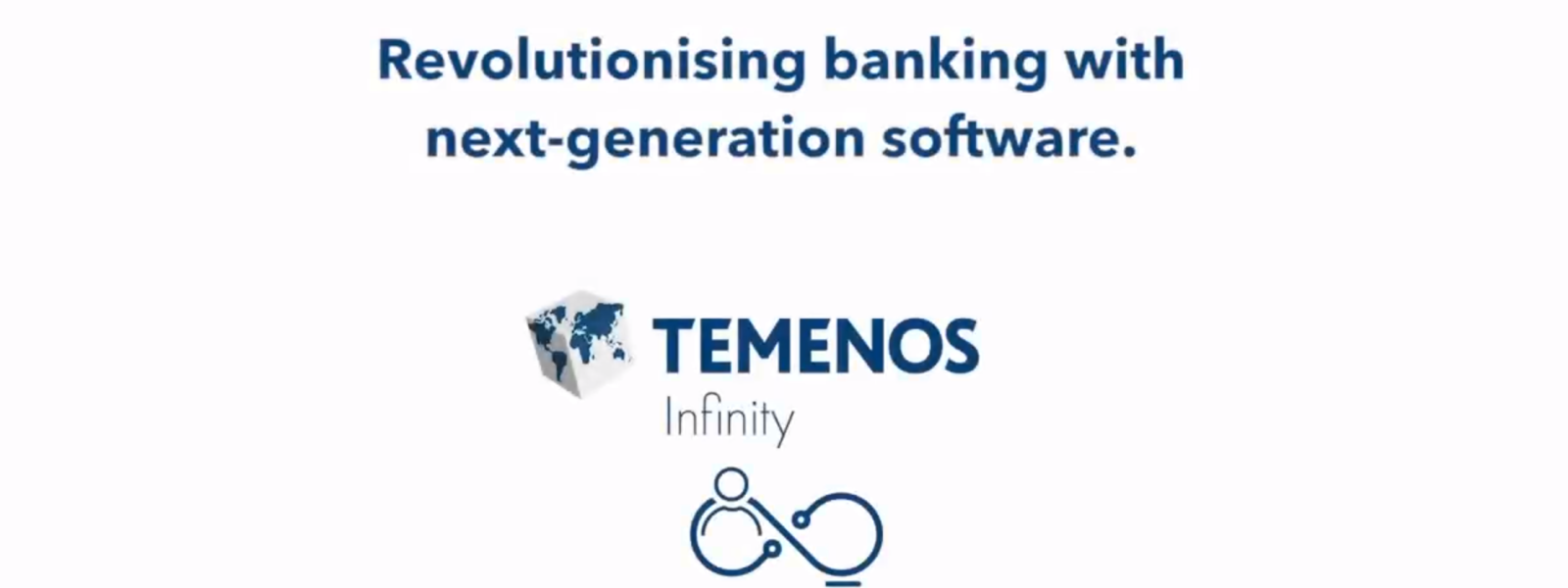Digital Payments: A Crucial Step in the Financial Inclusion Endgame
By Andy Jury
In years gone by, pages such as these have been awash with articles and opinions about fintechs and their potential to drive financial inclusion and improve the lives of millions of unbanked and underserved communities. While these opinions have been crucial in raising awareness, the discussion should now shift to the “how”. How are fintechs driving real, measurable financial inclusion? How are they helping people to help themselves?
A financially underserved person that has spent his or her life earning and transacting in cash, largely in an informal ecosystem, needs more than just the concept of “financial inclusion” to truly be included in society and achieve their potential. They need a solution that bridges the divide between cash and digital.

To illustrate how different the world is today from, say, 20 short years ago, consider that in 2004 46% of South Africans were banked (https://bit.ly/3FO4YLt). Today that number hovers around 85%. A report about the future of payments and financial inclusion in South Africa, conducted by Deloitte, says that financial inclusion’s potential to catalyse inclusive growth is constrained because many people are not using their access to financial services or rely on informal channels. That’s an education challenge, one that fintechs need to rise to, and one that’s been core to our mission at Mukuru.
Read also Mukuru Card Launches Online Purchase Platform
That preference for cash is not exclusive to South Africa. Africa is a large continent where many migrant workers, who aren’t banked, cross borders to find work and then need to send money home. That’s why we started the business – to provide a simple, convenient and fast way to manage remittances for underserved communities. However, users of these remittance services need to be able to access other goods and services – which, as we know, are increasingly becoming digital. Being restricted to cash essentially cuts someone off from a host of essential and leisure goods and services that can’t be accrued synchronously and in person and, ultimately, severs any access to credit which is a marker of true financial inclusion.
However, as with all things in Africa, the ingenuity of the human spirit triumphs. On this continent, we are blessed with the resilience and fortitude to put our heads down and develop tools that address real needs on the ground. By listening closely to customers and working within the unique circumstances on the continent, we develop innovative solutions to attract new customers who, in turn, lead us down new paths. An African fintech grows with its client base.
Read also Cameroonian Fintech Startup Ejara Raises $8M In Series A Funding Round
The key barrier on the continent is access, and the issue is twofold. Retailers and merchants don’t know how to bridge the cash to digital divide to service the large unbanked potential customer base, and customers are precluded from participating in the digital economy because they don’t have the means of taking their stored-up cash into the digital economy.
And so, as we have grown with our customer base of over 11 million people, we, like them, have recognised the need to shift from focusing exclusively on remittances, while they remain crucial, and look at how to enable a broader array of payment transactions within our ecosystem. To that end, years ago, most remittances were cash to cash, whereas today, this has shifted where customers are choosing to keep their value in digital form. Related to this, we appreciate efforts by banks and fintechs to find each other and provide bridges for more people to partake in the mainstream economy.
At the start of this piece, I referred to the “how”. Some would argue that digital payments are the endgame of financial inclusion, however, a more accurate description would be that while digital payments are a fundamental step, financial inclusion is built-in, appreciating the concept of digitisation and all the steps and rails one builds to enable complete digitisation.
Read also Revio raises $1.1 million to drive better payment experiences in emerging markets
To do this, you must first digitise the customer record, or onboarding, as that gives you a means of tracking behaviour patterns that people build up over time. You must then digitise the means with which you communicate with people. After this, you digitise the customer engagement channels, such that customers are in effect reaping the benefits of electronic transactions even if they still use physical forms of cash as a source of funds / to pay. It’s here where you start getting people to the point where they trust your platform and then are comfortable making a transition to using electronic forms of cash and routinely using a digital store of value.
Seen this way, real financial inclusion is a process of learning for the customer, accepting and building trust, up to the point where they start transacting online, using fintech technology such as Mukuru, the Mukuru Card and our new platform called Mukuru Pay, as opposed to being excluded because they did not have traditional bank accounts, and credit and debit cards. Mukuru Pay enables customers to pay and be paid in whichever way is more convenient to them, be it for online shopping, bill payments, aid/donor payments – a wide variety of disbursements and collections are now possible both locally and cross-border through Mukuru.
We have recently launched our Mukuru Pay partnership with Multichoice, Africa’s leading entertainment company that operates DStv, amongst other services, and a major satellite television service in Sub-Saharan Africa. Initially, the partnership provides a price-competitive offering through a ubiquitous footprint for our customer base in Zimbabwe, who now have the option to pay their DStv subscription in cash via Mukuru Pay. Customers can initiate transactions through their mobile devices and pay their DSTV subscription at over 200 Mukuru booths or branches and over 500 partner locations in 70 towns across Zimbabwe.
Once customers start transacting online, they change their behaviour. This behaviour change creates the “great unlock”, so to speak, which gains them access to a broad range of financial products, including credit.
South African Medtech LIQID Medical Raises $1.6M To Develop New Ocular Implants
By following these steps, a fintech company can go down new avenues and develop products that customers ask for and need. Mukuru’s evolution – including pending announcements about new product features which will unlock a whole new world of digital retail and financial transactions for our customers – has been about finding the “how” that enables people to help themselves.
Andy Jury is the Group CEO of Mukuru (https://www.Mukuru.com)
Kelechi Deca

Kelechi Deca has over two decades of media experience, he has traveled to over 77 countries reporting on multilateral development institutions, international business, trade, travels, culture, and diplomacy. He is also a petrol head with in-depth knowledge of automobiles and the auto industry









